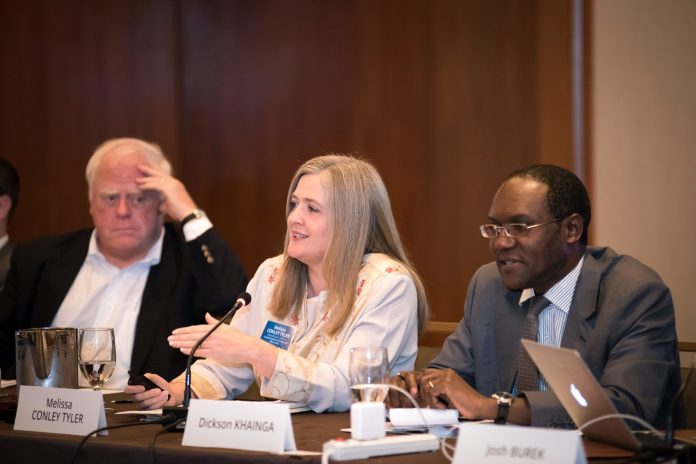Honorary Fellow of the Asia Institute at Melbourne University published an article on The Conversation emphasising economic co-operation between the Association of Southeast Asian Nations (ASEAN) and Australia, according to VietnamPlus.
Melissa Conley Tyler reported in the publication that Australian Prime Minister Anthony Albanese released the country’s economic strategy for Southeast Asia until 2040. According to the document, the government plans to develop trade and investment relations.
“While Australia is using all elements of statecraft to build strong defence, diplomacy and development relationships with a crucial region, there’s a gap where economic activity should be. This strategy aims to redress that.”
Tyler notes the low level of economic interaction between Australia and Southeast Asia, despite the region being home to 687 million people. She cited the statistic that Australia’s direct investment in New Zealand is greater than in all of Southeast Asia.
The region as a whole is forecast to average growth of 4% to 2040. This means it will become the world’s fourth-largest economy by 2040, after the United States, China and India.
According to Tyler, the Australian government has long been trying to steer business to Southeast Asia. She also mentioned the recently renewed trade agreement with ASEAN, which has been in place since 2010.
However, Australia’s investment in Southeast Asia has declined rather than increased in recent years, contrary to global market conditions.
“Given greater economic engagement is not happening naturally, the new strategy sets out a much more active role for government in helping companies diversify into Southeast Asia. The strategy sees a role for government in providing seed funding.”
Currently, 250 exporters alone account for 90% of Australia’s merchandise exports to Southeast Asia. The Government is working to create the conditions to attract other companies.
Australia will gain strategic benefits from stronger economic engagement with Southeast Asia. This would transform the way the region and Australia view each other.
In the article, Tyler notes that Australia could be a key partner in the region’s transition to a green economy and in building the necessary infrastructure for the foreseeable future.
“This would transform the way the region and Australia view each other.”
